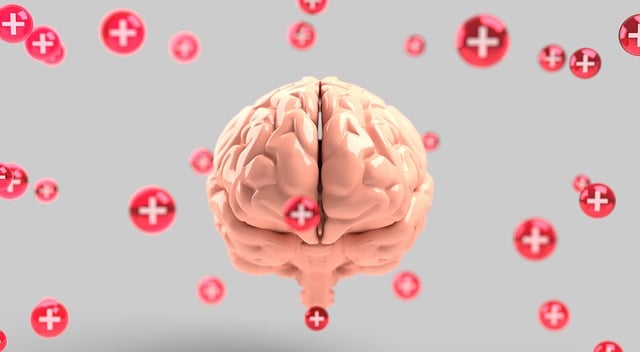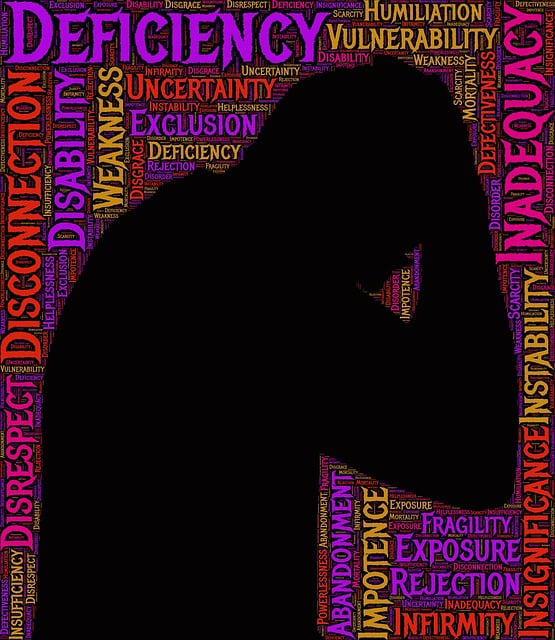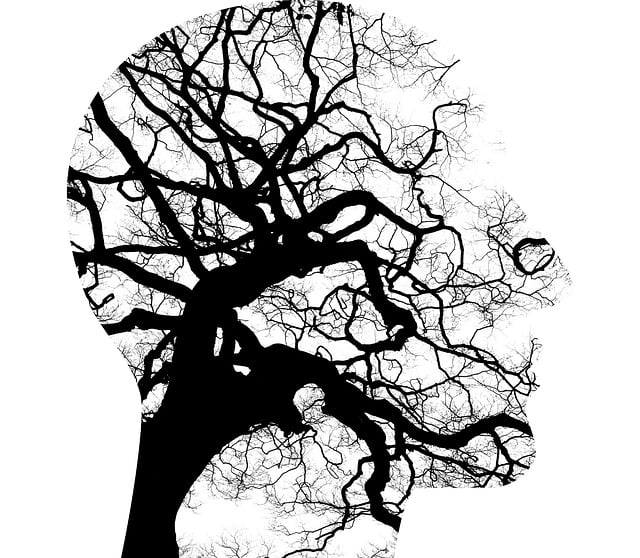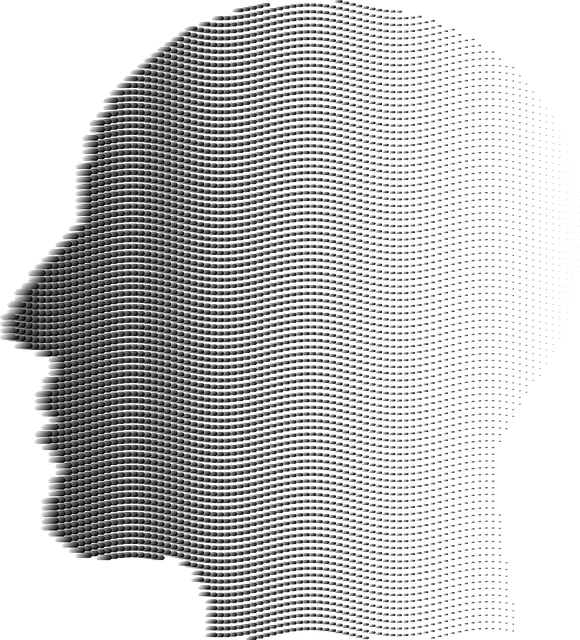Mental wellness programs enriched by therapy types like Cognitive Behavioral Therapy (CBT) aim to improve overall well-being through stress management, emotional health, and coping mechanism development. Program evaluation using surveys, interviews, and behavioral observations is crucial to assess their effectiveness across diverse populations, revealing what works, for whom, and under what conditions. Research employs standardized tools like the Hamilton Depression Rating Scale to measure symptom changes over time, showing CBT's impact on reducing anxiety, depression, and stigma. Measuring program impact through pre-post assessment models and qualitative methods provides insights into specific CBT techniques or other evidence-based practices. Continuous improvement is essential; programs must adapt based on client outcomes and feedback from clients, therapists, and healthcare providers to remain effective.
Mental wellness programs are essential tools for promoting overall well-being, but evaluating their effectiveness is crucial. This article explores comprehensive methods for assessing mental health initiatives, with a particular focus on Cognitive Behavioral Therapy (CBT). We delve into various techniques to measure program impact and discuss strategies for continuous improvement. By understanding how to evaluate these programs, we can optimize CBT therapies, ensuring their success in enhancing participants’ mental wellness.
- Understanding Mental Wellness Programs and Their Evaluation
- Assessing the Efficacy of Cognitive Behavioral Therapy (CBT)
- Measuring Program Impact: Tools and Techniques
- Continuous Improvement: Feedback Loops for Effective Programs
Understanding Mental Wellness Programs and Their Evaluation

Mental wellness programs are designed to enhance individuals’ overall well-being, focusing on various aspects such as emotional health, stress management, and coping mechanisms. These programs often include therapy types like Cognitive Behavioral Therapy (CBT), which targets negative thought patterns and behaviors, fostering positive thinking and improved mental resilience. Evaluating these initiatives is crucial for understanding their effectiveness in diverse populations.
Program evaluation involves assessing the success of mental wellness interventions through systematic methods. This process helps identify what works, for whom, and under what conditions, allowing for continuous improvement. By employing strategies like surveys, interviews, and behavioral observations, evaluators can measure participants’ perceived benefits, such as enhanced coping skills development and reduced burnout prevention strategies among healthcare providers. This comprehensive approach ensures that mental wellness programs remain adaptive and responsive to the evolving needs of those they serve.
Assessing the Efficacy of Cognitive Behavioral Therapy (CBT)

Evaluating the efficacy of Cognitive Behavioral Therapy (CBT) involves assessing its impact on various aspects of mental wellness. Research often focuses on measuring changes in symptoms, such as anxiety and depression, using standardized tools like the Hamilton Depression Rating Scale or the Global Assessment of Functioning scale. These tools allow therapists to track progress over time and compare outcomes against expected improvements.
Beyond symptom reduction, CBT’s contribution to resilience building and emotional healing processes is significant. Studies explore how CBT empowers individuals to challenge negative thought patterns, leading to improved coping mechanisms and enhanced emotional regulation. Additionally, CBT has shown promise in mental illness stigma reduction efforts, as it helps clients reframe their experiences and foster a more positive self-perception, ultimately promoting social inclusion and support.
Measuring Program Impact: Tools and Techniques

Measuring the impact of mental wellness programs is a critical step in understanding their effectiveness and ensuring they meet the needs of participants. Various tools and techniques can be employed to assess the success of initiatives aimed at improving emotional well-being. One widely recognized approach is using pre-post assessment models, where individuals complete standardized questionnaires before and after program participation. These evaluations capture changes in symptoms, attitudes, and behaviors related to mental health. For instance, assessing anxiety levels through validated scales like the Generalized Anxiety Disorder 7-Item Scale (GAD-7) can provide valuable insights into the program’s ability to alleviate distress.
Additionally, qualitative methods such as interviews and focus groups offer deeper insights into participants’ experiences. These techniques allow individuals to share personal stories of transformation, highlighting specific aspects of therapy for cognitive behavioral therapy or other evidence-based practices within the program. By combining quantitative data with rich qualitative information, mental wellness coaches and program developers can refine their interventions, ensuring they effectively promote emotional well-being through tailored community outreach program implementations or the development of comprehensive mental wellness coaching programs.
Continuous Improvement: Feedback Loops for Effective Programs

Mental wellness programs must embrace continuous improvement to remain effective and impactful. Feedback loops are integral to this process, allowing for regular assessments and adjustments based on client outcomes. By collecting and analyzing feedback from both participants and healthcare providers, programs can identify areas of success and challenge. This data-driven approach enables the refinement of techniques, ensuring that therapies like Cognitive Behavioral Therapy (CBT) remain relevant and tailored to individual needs.
For instance, a regular review process could involve surveys for clients, focus groups with therapists, and workshops on cultural competency training for healthcare providers. These initiatives promote open dialogue, foster innovation in mental wellness coaching programs development, and encourage the integration of new self-care practices. Ultimately, continuous improvement strengthens the overall effectiveness of these programs, enhancing the well-being outcomes for those seeking support.
Evaluating mental wellness programs, particularly those based on cognitive behavioral therapy (CBT), is crucial for understanding their impact and effectiveness. By utilizing robust assessment tools and techniques, we can gain insights into program success and identify areas for improvement. Integrating continuous feedback loops enables the refinement of these initiatives, ensuring they remain dynamic and responsive to individual needs. This comprehensive approach to mental wellness program evaluation fosters better outcomes and enhances the overall well-being of those seeking support.









